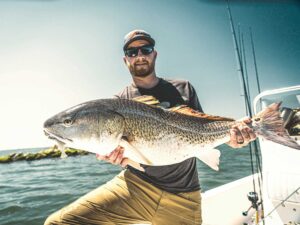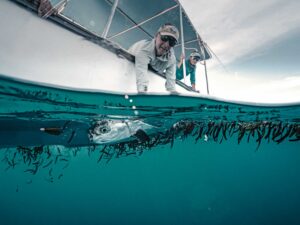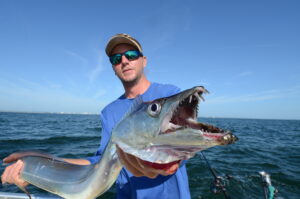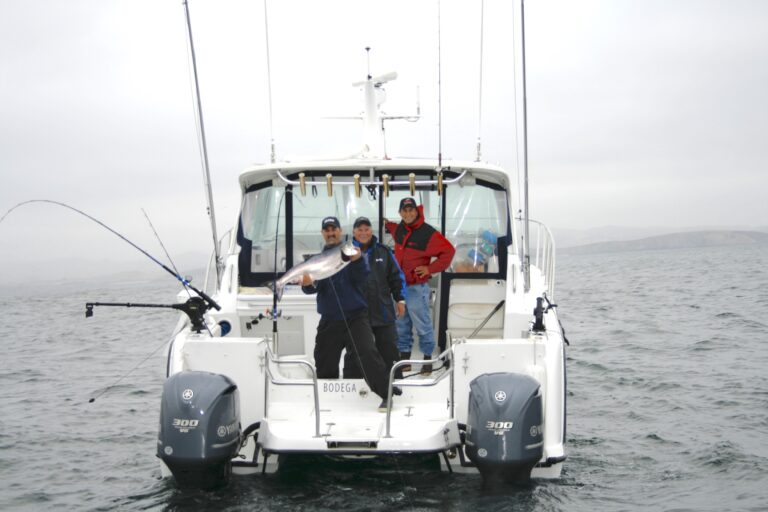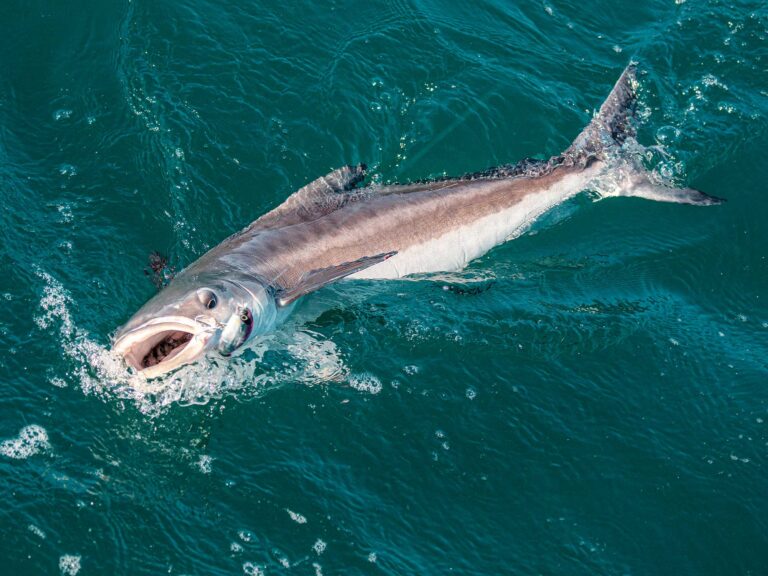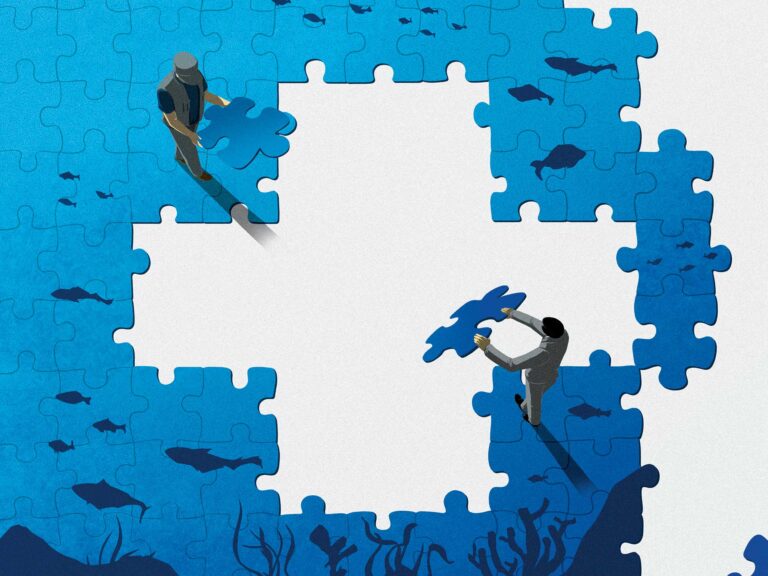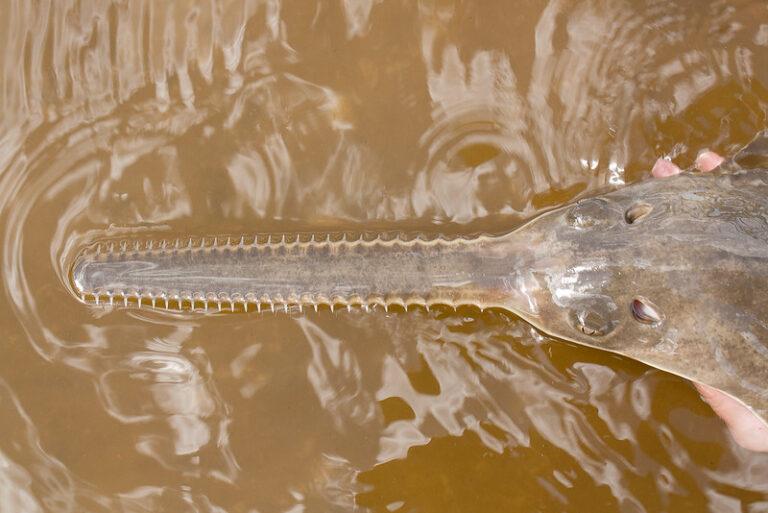As fly-fishing and fishing in general has gained popularity, the ability to find peace and tranquility on the water has become increasingly difficult. We have all had the enjoyment of a day on the water greatly diminished by rude and/or ignorant fishermen. With the number of boats operating in our favorite waters, it truly takes an aware and diligent captain to be considerate of his fellow anglers. We have all angered another fisherman unintentionally at one time or another simply because we lost our focus or failed to observe how an area was being worked by other fishermen. Through the life of hard knocks, here is a suggested list of helpful tips that should translate to a more relaxing day of chasing your favorite species.
1) Thou shall not show a “secret spot” to a buddy after your other buddy showed it to you. The only way this is allowed is if you found the spot yourself. Remember, know whom you can trust. Human nature can kill a good spot quickly. Rest assured that, as you see more boats at your “secret spot” and wonder who and how they could possibly know about it, six degrees (probably two) is at play. I have tested this theory many times by approaching “unknown” boats in a spot, and there is always a connection to a fishing buddy.
2) Never move in on, or cut off, another angler fishing an area. A minimum of a quarter-mile is suggested. If moving into an area where other boats are working, don’t be lazy; pick up the push pole and come in quietly. Worst case, use the trolling motor on low. Pay attention to which way the other boats are working a shoreline or flat. If they got there first, they have the line. Pay attention to wind direction because most anglers will work a shoreline downwind.
3) Ernest Hemingway said it best: “Never tell fish stories where people know you, especially if they know the fish.” It’s fun to share great fish tales with very close friends, but you can quickly gain a reputation as a severe embellisher and lose credibility with your peers when you brag to strangers.
4) Listen to your gut when in the vicinity of other anglers. If you feel uneasy about what you are doing, back off; it’s probably not the right thing to do. Regroup and go to plan B. The truth is that the “monkey see, monkey do” mentality rarely leads to good fishing — plan B may really be better anyway, especially if you are the only boat doing it.
5) When fishing with a buddy, establish rules for trading shots, or bow time. One and done on a slow day, three and out if they are pushing well. Or put it on the clock if the fishing is really slow. Mixing things up can change your luck at any time.
6) When you find your own hot spot, try to keep it to yourself. Bragging to “buddies” will spread the word like wildfire. There’s nothing worse than showing up to your spot and seeing your buddy sitting there with a sheepish grin on his face. On several occasions, I have called buddies on a Saturday evening about a hot bite and found them there before me on Sunday morning — ouch! Clearly, they forgot the Fourth Commandment.
7) When fishing with an equally capable angler, establish who the captain is for that day. The captain makes all the calls. This will avoid most arguments, such as where the next spot should be. If the chosen captain for the day is striking out, he will eventually ask for your opinion.
8) Never be late for a fishing trip. Early is always good. Show up with hot coffee and something tasty for your pal to eat. Allow time to load up the gear. For most working stiffs, these trips are like a fine wine: not to be wasted. Have an agreed upon 10-minute grace period or you will be left.
9) Always offer to clean the boat and pay for fuel or buy lunch. Try to pull your own weight and don’t be lazy. A little generosity goes a long way and always leads to additional invites — nobody likes a freeloader.
10) Pay attention to your surroundings by enjoying the simple things. It’s not always about catching fish, but that sure is a bonus. I understand that the most memorable trips include great fishing, but it is so mind-cleansing to simply enjoy the peace, quiet and relaxation of a mangrove shoreline. Cell phones should really be stored below for maximum enjoyment — my cell phone has gone swimming three times, so I will definitely follow this one.
11) Always be happy for another angler’s success; no one likes a sourpuss. In many ways, fly-fishing is a team sport. Your day will come, and when it does, you too will receive accolades. Conversely, no one likes a bragger. As we like to say, “Some days you get the poon and some days the poon gets you.” We look at goose egg days as a chip in the bank, so do not be afraid to admit it — it happens to everyone. Anyone who says he has never been skunked is simply not credible (especially a tarpon fisherman).
12) Slow down and enjoy the day. Be patient; quick moves can cost you fish. We have all heard, “You should have stayed,” which is tough to take. Those little decisions the captain makes pretty much decides the fate of catching versus fishing. I find these small decisions throughout a day of poon fishing very encompassing and a big reason why I truly forget about work/life issues on the water. It is very rewarding to make a proper decision that leads to fish — even when we make some bad decisions, it is hoped we can gain some knowledge for the next outing.
At the end of the day we all fish to unwind from the rigors of life. The last thing any of us needs is confrontation in this “safe haven,” so continue to be “antisocial” on the water and maximize the fishing experience.


